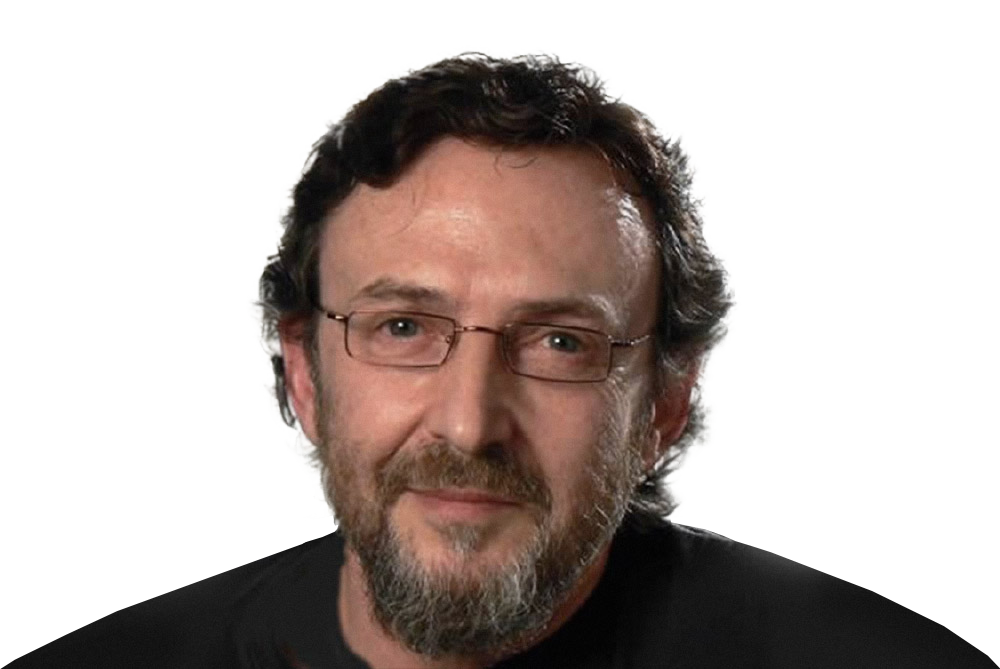New Home › Forums › Learn Real Life Conversational Hebrew › LCH – Discuss › Discuss
- This topic has 9 replies, 4 voices, and was last updated 3 months, 1 week ago by
 Gustavo Perraillon.
Gustavo Perraillon.
- July 9, 2023 at 10:23 am EDT #325625

Gil ShirModeratorShare your insights and impressions from this lesson with fellow students.
- AuthorReplies
- January 30, 2024 at 8:05 pm EST #359424
 Gustavo PerraillonParticipant
Gustavo PerraillonParticipantHi hi
In the course Learn to Read Hebew from Scratch: Modern and… The section read from The Bible minute 5:46 I have this two inquiries:
Does the first underline word it should be vav with ah sound? I and the second underlined kaf should also be pronounced with ah sound?
Thks very much. Keep the great work.
- October 17, 2023 at 1:09 am EDT #333093
Tracy
ParticipantWhy is the Da’at mentioned in some Sefirot’s and not in others?
- October 22, 2023 at 7:10 pm EDT #333391
 Seth – KabU InstructorModerator
Seth – KabU InstructorModeratorTracy,
Here is a blog post by our teacher, Rav Laitman that explains that.
https://laitman.com/2017/06/the-only-principle-of-creation/#gsc.tab=0
Enjoy.
Seth@KabU
- October 17, 2023 at 12:39 am EDT #333090
Tracy
Participantha posel bemumo posel sounds like the idiom, “The pot calling the kettle black.”
- October 5, 2023 at 8:25 am EDT #332173
Tracy
ParticipantAfter learning the standard Israel Biblical pronunciations, I find it hard at times with some words. Ashkenazi is very different from traditional Hebrew spoken in Israel. For instance, it is Yod instead of Yud. There is a difference when you use a Kamatz Katan verses a Kamatz Gadol. Typical Ashkenazi is that they just use the Kamatz Katan all the time. Also, there is a difference between the silent Sh’va and the moving Sh’va. So many times, I am hearing Gil just pronounce the letter. Like if it is a Shin with a Sh’va at the beginning of the word I was taught to pronounce it Sheh very quickly. But I am hearing it just as SH. So, a few differences. However, I do find it good to quickly practice the words. I think this would have been very hard for me still if I hadn’t been studying it.
- August 19, 2023 at 7:20 am EDT #329051
 rosemarie tropfParticipant
rosemarie tropfParticipantHello:
How important is it to know the roots of the words? Should I learn them as thoroughly as I learned the alphabet? Thank you.
- August 20, 2023 at 9:23 am EDT #329108
 Seth – KabU InstructorModerator
Seth – KabU InstructorModeratorRosemarie,
This will help you a lot. If you have the time and desire, learning the roots of the words will help you identify and see a myriad of connections.
For example חבר Haver means friend. חיבור Hibur means connection.
Another example שלם Shalem means whole. שלום means peace. Even לשלם means to pay (to make whole).
Seth@KabU
- August 16, 2023 at 3:27 pm EDT #328911
 rosemarie tropfParticipant
rosemarie tropfParticipantI asked a question last week about lesson 12 and nobody has answered me yet FYI. The practice sheet for Yud was the wrong practice sheet. It says lesson 1 on it and it is practicing Bet etc. There is no Yud practice on it. There is also no cheat sheet for pronunciation and I would like that as I am having trouble with Y with dagesh. Thank you.
- AuthorReplies
- You must be logged in to reply to this topic.



